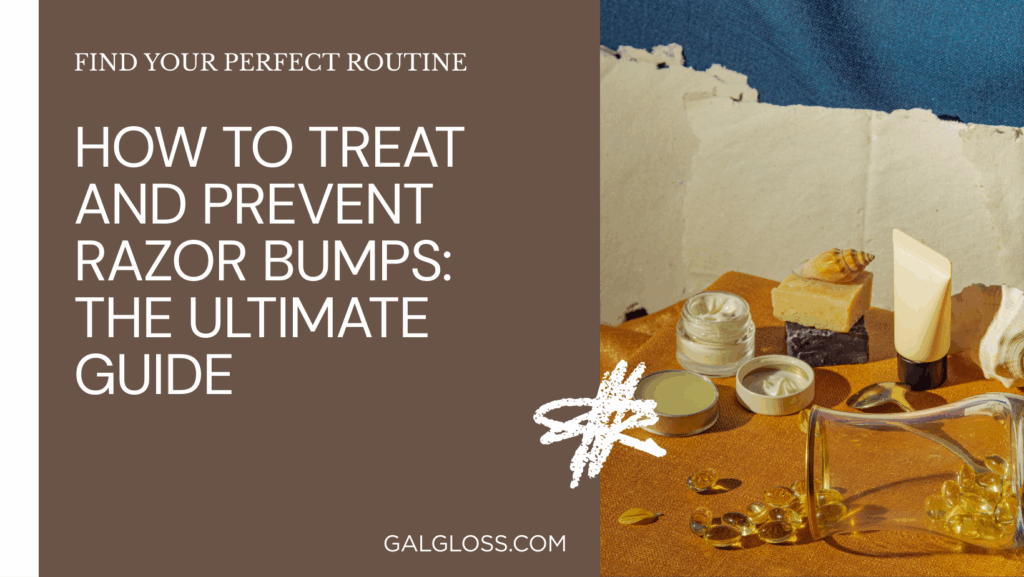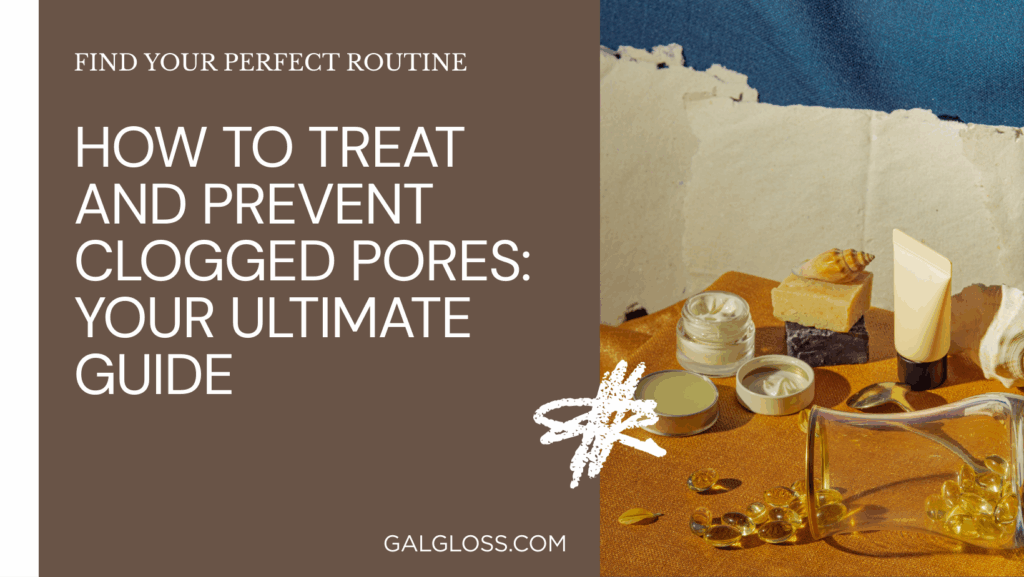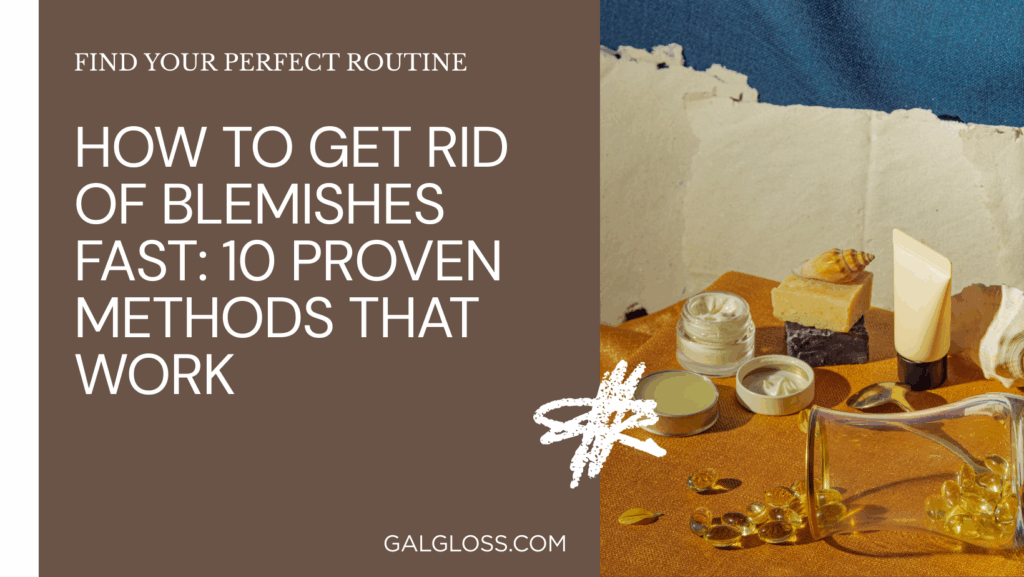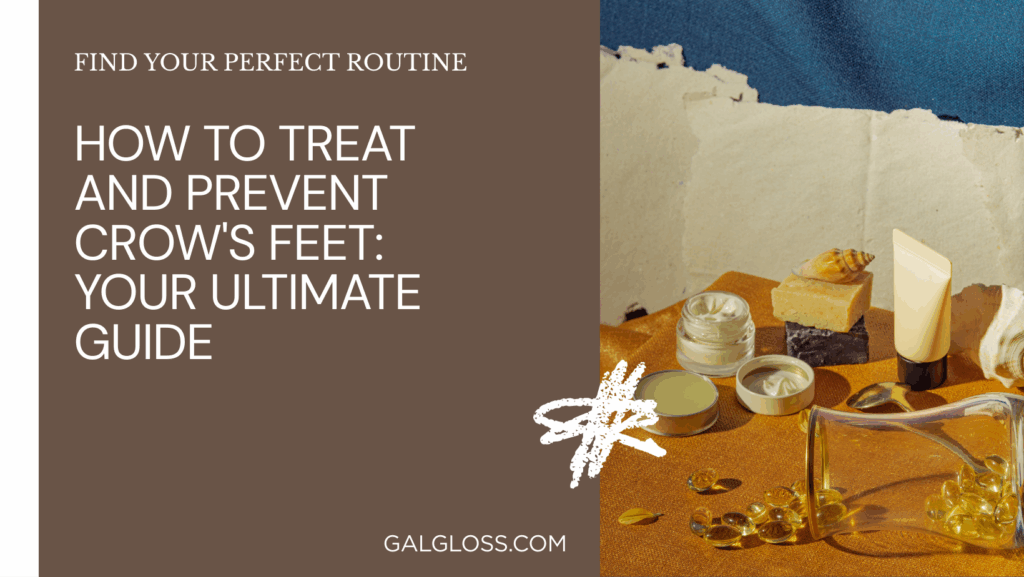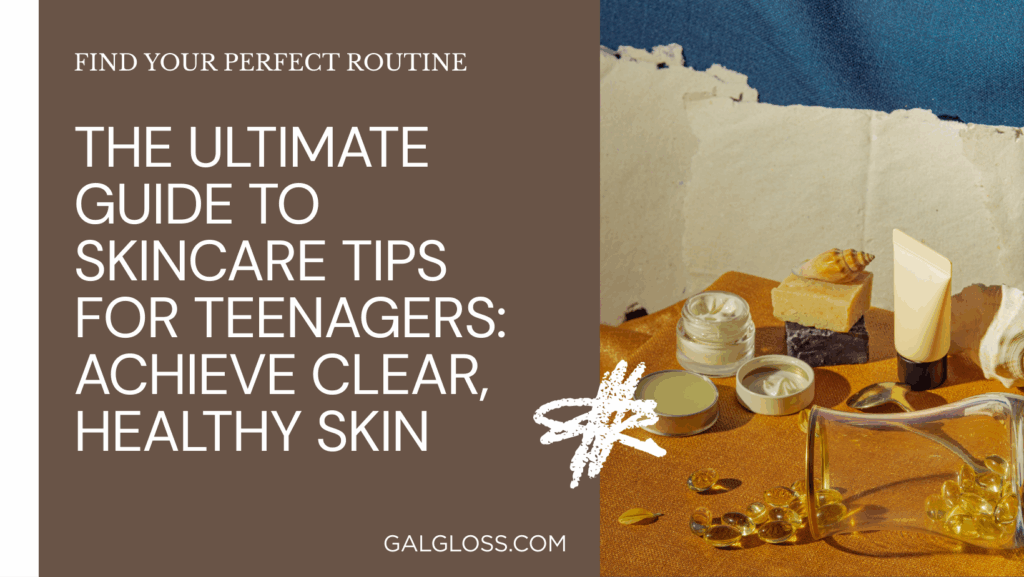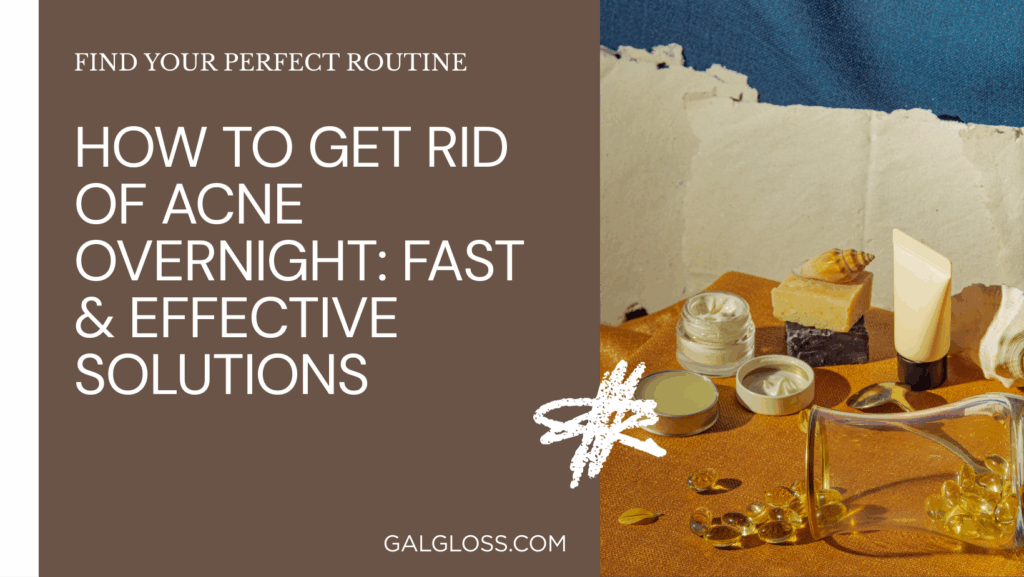Ever looked in the mirror and felt your heart sink at the sight of a new pimple? You’re not alone. Acne affects millions worldwide, but here’s the good news: many breakouts are preventable. In this comprehensive guide, we’ll explore foolproof strategies to keep those pesky pimples at bay.
What Are Pimples, Anyway?
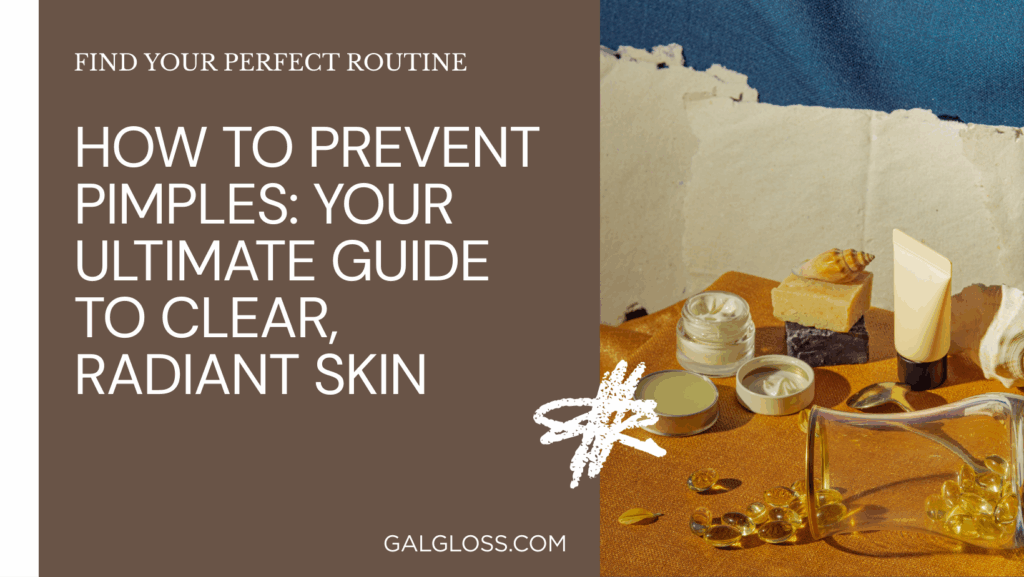
Before we dive into prevention, let’s get clear on what we’re dealing with. Pimples, also known as zits or blemishes, are small, inflamed bumps that pop up when our pores get clogged with oil, dead skin cells, and bacteria. They’re like unwelcome guests at a party – showing up uninvited and overstaying their welcome.
Why Does Prevention Matter?
Think of pimple prevention as building a fortress for your face. It’s way easier (and less stressful) to stop breakouts before they start than to battle them once they’ve set up camp on your skin. Plus, preventing pimples can help you avoid:
- Painful, inflamed skin
- Embarrassing moments in social situations
- Long-term issues like acne scars
- The temptation to pop pimples (which often makes things worse)
Ready to say goodbye to surprise breakouts and hello to clear, radiant skin? Let’s get started on your journey to pimple-free living!
Understanding Pimple Formation
To prevent pimples, we need to understand why they form in the first place. It’s like knowing your enemy in battle – the more you know, the better equipped you are to fight back.
Causes of Pimples
- Excess oil production: Your skin produces oil (sebum) to stay hydrated. But too much of a good thing can lead to trouble.
- Clogged pores: When dead skin cells mix with excess oil, they can block your pores.
- Bacteria: P. acnes bacteria thrive in clogged pores, leading to inflammation.
- Hormonal changes: Puberty, menstruation, and stress can all trigger hormonal fluctuations that increase oil production.
Factors That Contribute to Breakouts
- Genetics: Thanks, Mom and Dad!
- Diet: Some foods may trigger acne in certain people.
- Stress: It’s not just in your head – stress can show up on your face.
- Environmental factors: Pollution, humidity, and even your pillowcase can play a role.
Daily Skincare Routine for Pimple Prevention
Now that we know the enemy, let’s build our defense strategy. A consistent skincare routine is your first line of defense against pimples.
Cleansing Techniques
Wash your face twice a day – no more, no less. Over-washing can strip your skin of natural oils, leading to more oil production. Use lukewarm water and a gentle, non-comedogenic cleanser.
Pro tip: Try the 60-second rule. Massage the cleanser into your skin for a full minute to really break down oil and dirt.
Toning and Moisturizing
After cleansing, use an alcohol-free toner to balance your skin’s pH. Follow up with a light, oil-free moisturizer. Yes, even oily skin needs hydration!
Sunscreen Importance
UV rays can irritate your skin and increase inflammation. Use a broad-spectrum sunscreen with at least SPF 30 every day, rain or shine.
Diet and Lifestyle Changes
What you put in your body is just as important as what you put on your skin. Let’s talk food and fitness for clear skin.
Foods to Avoid
While the jury’s still out on some foods, research suggests limiting:
- Dairy products
- High-glycemic foods (like white bread and sugary snacks)
- Greasy, fried foods
Foods That Promote Clear Skin
Fill your plate with:
- Fruits and vegetables (hello, antioxidants!)
- Omega-3 fatty acids (found in fish, walnuts, and flaxseeds)
- Zinc-rich foods (like pumpkin seeds and lean meats)
Exercise and Its Impact on Skin Health
Get moving! Exercise boosts circulation, reduces stress, and helps regulate hormones. Just remember to cleanse your face after sweating to prevent clogged pores.
Natural Remedies for Pimple Prevention
Mother Nature’s got your back when it comes to fighting pimples. Here are some natural allies:
Tea Tree Oil
This powerhouse oil has antimicrobial properties that can help fight acne-causing bacteria. Dilute it before applying to your skin.
Aloe Vera
Known for its soothing properties, aloe vera can help reduce inflammation and redness.
Green Tea
Rich in antioxidants, green tea can help reduce sebum production when applied topically.
Over-the-Counter Products
When nature needs a little boost, these OTC heroes can come to the rescue:
Salicylic Acid
This beta-hydroxy acid (BHA) exfoliates inside your pores, helping to unclog them.
Benzoyl Peroxide
It kills acne-causing bacteria and helps remove excess oil and dead skin cells.
Retinoids
Derived from vitamin A, retinoids can help unclog pores and reduce inflammation.
When to See a Dermatologist
Sometimes, pimples can be more than skin deep. It’s time to call in the pros if you notice:
Signs of Severe Acne
- Deep, painful cysts
- Acne that doesn’t respond to OTC treatments
- Acne that’s leaving scars
Professional Treatments Available
Dermatologists have a whole arsenal of treatments, including:
- Prescription-strength topicals
- Oral medications
- Chemical peels
- Light therapy
Don’t hesitate to seek professional help if your acne is impacting your quality of life.
Common Myths About Pimple Prevention
Let’s bust some acne myths, shall we?
- Myth: Chocolate causes acne. Truth: There’s no strong evidence linking chocolate to breakouts. Dark chocolate might even be good for your skin!
- Myth: You need to wash your face more if you have oily skin. Truth: Over-washing can strip your skin, leading to more oil production.
- Myth: Toothpaste is a good spot treatment. Truth: Toothpaste can actually irritate your skin. Stick to acne-specific treatments.
- Myth: Acne is just a teenage problem. Truth: Adults can get acne too. In fact, adult acne is on the rise.
- Myth: Popping pimples makes them go away faster. Truth: Popping can lead to more inflammation and potential scarring. Hands off!
Stress Management for Clear Skin
Stress and skin health are more connected than you might think. When you’re stressed, your body produces more cortisol, which can increase oil production and inflammation.
Techniques to Reduce Stress
- Meditation: Even 5 minutes a day can make a difference.
- Deep breathing exercises: Try the 4-7-8 technique.
- Regular exercise: Get those endorphins flowing!
- Adequate sleep: Aim for 7-9 hours per night.
- Hobbies: Engage in activities you enjoy to unwind.
How Stress Affects Your Skin
Stress can:
- Increase inflammation
- Slow down skin healing
- Exacerbate existing skin conditions
- Disrupt your sleep, which is crucial for skin repair
Advanced Skincare Strategies
Ready to level up your pimple prevention game? Try these advanced techniques:
Double Cleansing
Start with an oil-based cleanser to remove makeup and sunscreen, then follow with your regular water-based cleanser.
Chemical Exfoliation
Use AHAs (like glycolic acid) or BHAs (like salicylic acid) to gently exfoliate and unclog pores. Start with once a week and gradually increase frequency.
Face Masks
Clay masks can help absorb excess oil, while hydrating masks can balance your skin. Use them 1-2 times a week.
Spot Treatments
For those occasional pimples that sneak through, use a spot treatment containing benzoyl peroxide or salicylic acid.
Lifestyle Hacks for Clear Skin
Small changes in your daily habits can make a big difference:
- Change your pillowcase regularly: Aim for at least once a week to prevent bacteria buildup.
- Clean your phone screen: Your phone touches your face and collects bacteria. Wipe it down daily.
- Hands off: Avoid touching your face throughout the day.
- Stay hydrated: Drink plenty of water to help flush out toxins.
- Manage hair products: Keep hair products away from your face to prevent clogged pores.
The Role of Hormones in Acne
Hormonal changes can wreak havoc on your skin. Here’s what you need to know:
Puberty and Acne
The surge of hormones during puberty can increase oil production, leading to more breakouts.
Menstrual Cycle and Skin
Many women experience breakouts before or during their period due to hormonal fluctuations.
Hormonal Acne in Adults
Adult acne is often hormonal and can be triggered by stress, pregnancy, or menopause.
If you suspect hormonal acne, talk to your doctor about potential treatments, including birth control pills or anti-androgen medications.
The Importance of Consistency
Preventing pimples isn’t about finding a magic bullet – it’s about consistent, long-term care. Don’t expect overnight results. Give your skincare routine at least 4-6 weeks to see improvements.
Remember, everyone’s skin is different. What works for your friend might not work for you. Be patient, and don’t be afraid to experiment (carefully) to find what works best for your unique skin.
Conclusion
Preventing pimples is a journey, not a destination. It requires patience, consistency, and a holistic approach that considers your skincare routine, diet, lifestyle, and overall health.
Remember these key takeaways:
- Cleanse gently and consistently
- Moisturize, even if you have oily skin
- Use sunscreen daily
- Pay attention to your diet
- Manage stress
- Don’t be afraid to seek professional help
By following these strategies and listening to your skin, you can significantly reduce your chances of breakouts and enjoy clearer, healthier-looking skin.
Remember, having occasional pimples is normal and doesn’t define your worth or beauty. Be kind to your skin, and be kind to yourself. Here’s to your journey towards clearer skin and boosted confidence!
